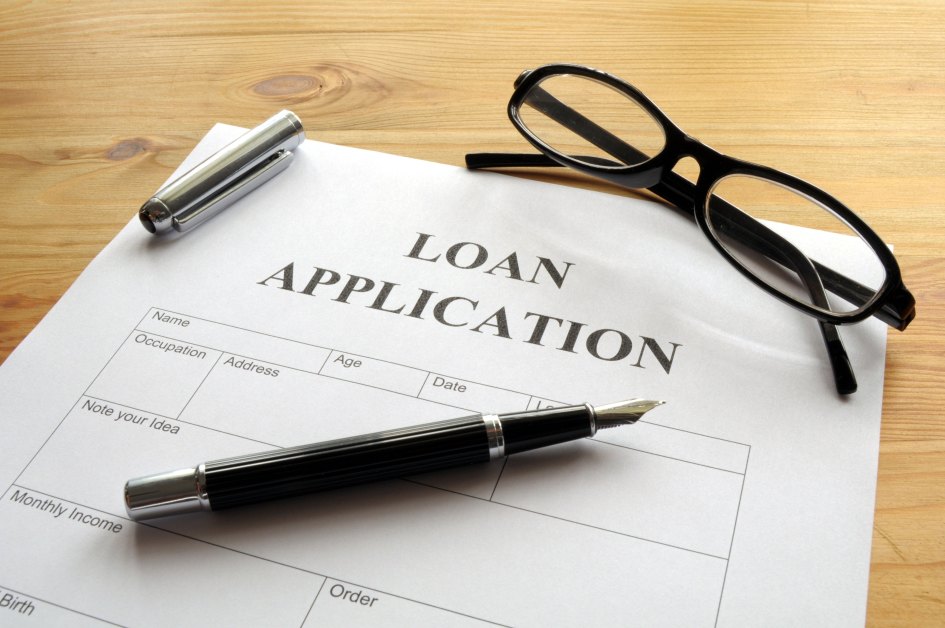Collateral loans are a great way to get the money you need quickly. However, what do you do if you cannot repay the loan? In this blog post, we will discuss some of your options. Remember, though, that every situation is unique, and you should speak with a qualified attorney to get specific advice for your case.
What Is A Collateral Loan, And How Does It Work?
A collateral loan is a type of loan in which the borrower pledges collateral to secure the loan. The collateral can be anything of value, such as a car, a home, or jewellery. The lender will typically hold the collateral until the loan is repaid.
Collateral loans are popular because they offer the lender a high degree of security. However, the collateral can be seized and sold to repay the loan if the borrower fails to make payments.
What Are The Benefits Of Collateral Loans?
The benefits of collateral loans include:
- High Approval Rates – Because the lender secures the loan with collateral, they have a lower risk of default. This means that borrowers have a higher chance of being approved for a collateral loan.
- Lower Interest Rates – Since the lender is taking on less risk, they typically charge lower interest rates on collateral loans.
- Quick Turnaround Time – Collateral loans are often processed quickly to get the money you need fast.
- Flexible Terms – Collateral loans typically offer more flexible terms than other loans, such as credit cards or personal loans. This means that you can tailor the loan to your specific needs and budget.
- Increased Borrowing Power – Because assets secure collateral loans, borrowers can often borrow more money than they would be able to with an unsecured loan.
What Should You Do If You’re Unable To Repay Your Collateral Loan?
If you cannot repay your collateral loan, you should speak with a qualified attorney to get specific advice for your case. You may also want to consider refinancing the loan or negotiating with the lender to develop a repayment plan.
Selling Your Collateral:
One option you have is to sell your collateral to repay the loan. This can be a good option if you no longer need or want the collateral, such as a car that you’ve paid off. However, keep in mind that you will likely have to sell the collateral for less than its market value.
Refinancing Your Collateral Loan:
If you have equity in your collateral, you may be able to refinance the loan and get a lower interest rate. This can help make your payments more manageable and save you money in the long run.
Negotiating With Your Lender:
If you are having trouble making your payments, you may be able to negotiate with your lender to come up with a new repayment plan. This could involve extending the term of the loan, lowering the interest rate, or making other changes to the loan terms.
The Bottom Line:
If you’re unable to repay your collateral loan, a few options are available to you. You should speak with a qualified attorney to get specific advice for your case and explore all of your options before deciding.











